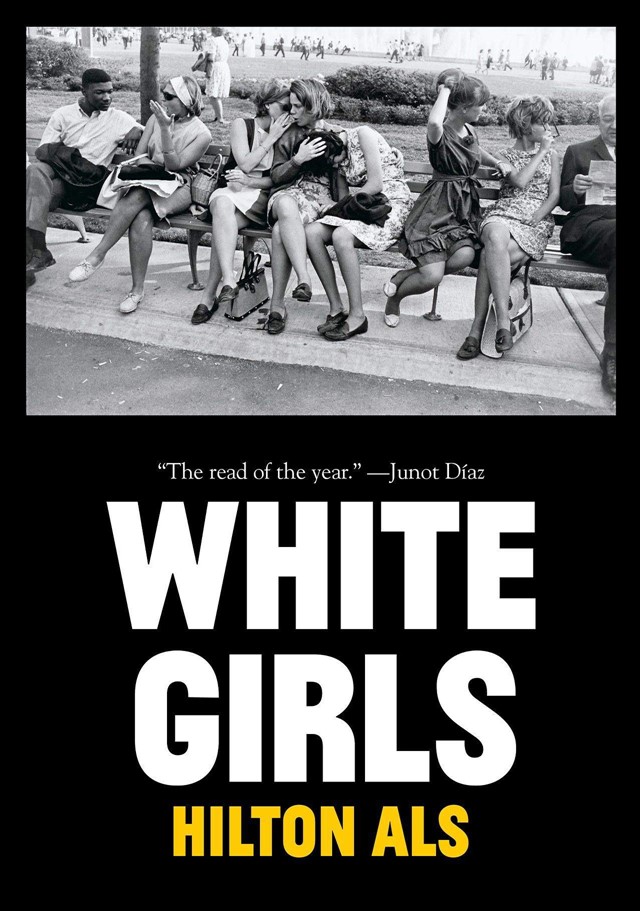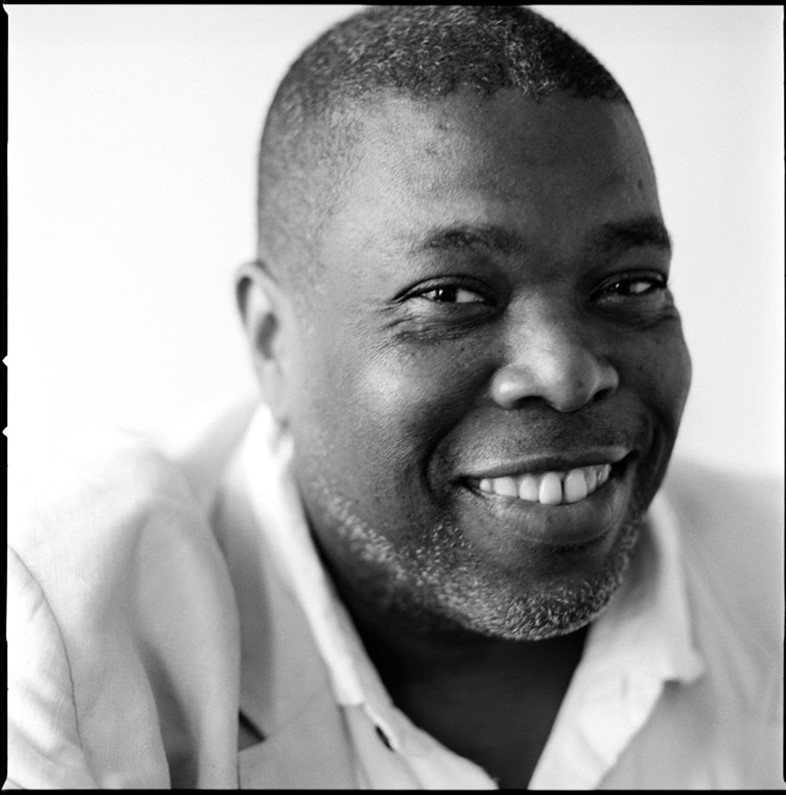As his pioneering 2013 book of essays is published in the UK, the Pulitzer Prize-winning writer spoke at Tate Modern about white girls literal (a friend he nicknames ‘Mrs Vreeland’) and spiritual (Michael Jackson)
Pulitzer Prize-winning journalist Hilton Als is not a traditional critic. In his work for The New Yorker – where he has been a staff writer since 1994 – he rejects the tropes of caustic observation or damning dismissal, instead considering theatre and music from a profoundly personal stance. “I had a really good mother,” he shrugs, “and she would have been extremely annoyed if I wasted your time, and why would I waste your time by not trying to connect to you?”
Connection is the thread Als follows in his 2013 collection of essays, White Girls, which is published in the UK this month. A gay black man in New York, a perpetual outsider, the White Girls of his title refer to Als’ diametric opposite, those who occupy a world cushioned and secured by their race and sexual preferences. His subjects include literal ‘white girls’ – a beloved friend he calls Mrs Vreeland – and spiritual ‘white girls’ such as Truman Capote, drag queens and Michael Jackson, “people who despite their fame, lived incredibly marginalised lives, trying to be someone else”.
Als’ eye moves between the sweeping and the specific, creating a mosaic of thoughts and observations, taking in the landscape of a New York ravaged by AIDS and his private grief for his lost lover, imagining silent film star Louise Brookes’ drawling inner life, and examining his own complicated relationship with his sexuality and blackness. “By being very honest about my own feelings, that allows me to go on and explore those of others,” he says, and as with so much of Als’ writing, the truth and power in White Girls comes from his empathy. “In a way the whole book is about honouring complicated people in a complicated way,” he says. “I’m not saying these are the greatest people I’ve ever met, but these were the people I was attached to.”
Speaking at Tate Modern last week, Als discussed identity and the importance of difficult history, and lauded the young Londoners overcoming the British blight of ‘politeness’ to start having hard conversations.

On the world after AIDS…
“I lost my greatest friend to AIDS in 1991. For a really long time you’re in this period of grief when so few things matter. There’s a great vitality and vividness to everything that makes it transitory, that removes you from real experience. I don’t think I could have met the person I am with and feel as I do if I hadn’t felt this. I never want to experience that again, but it is part of life – you have to lose things. We take a lot of things for granted. AIDS for sure meant you didn’t take anything for granted.
“Today kids have no relationship to AIDS. It’s like science fiction to them. The real job is to make them understand how the world changed, and shape-shifted, in order to accommodate this growth.”
On Michael Jackson versus Prince and the tyranny of pop…
“I believe that if pop stars can’t see themselves, they can’t really engage in how they exist. For Michael Jackson, one of the things that was very moving to me is that from a young age he was taught to look outward, but by looking outward, he couldn’t tell us what was inside. If he is engaged in image, and image making, the artist is consumed by the risk – can I, should I disrupt the public’s perception of me? Prince was deliciously perverse – he was always himself, but how many selves could he be? Jackson was too scared to look inwards, so really he was incapable of making art.”
On identity…
“I am very interested in the persona, what they are presenting to us – is it divisible from themselves, should it be, or is that simply what we’re getting? Truman Capote – was that devised, or is it really him? And I’m interested in desperate characters, people for whom there is no way they could be anything other than completely themselves.
“The new students I have at Columbia are so amazing because they tell me what they want to be called. They are self-defining, and self-determining kids. And then I think of Michael Jackson – what if he had lived in this era instead of showing us to great physical detriment what he wanted to be, what he wanted to look like, what he felt like? What if he could just say that?”
On cultural appropriation…
“Culturally the UK has always had it on America in thinking about music, writing about music and supporting different kinds of music. When we say cultural appropriation in America it’s something as profound as, why do so few people know about Big Momma Thornton but everyone knows about Elvis Presley? Why do so few people know about Jessye Norman but everyone knows about Maria Callas? It’s not about score-keeping, it’s about what gets acknowledged in the culture as valid.”
On London…
“I really love coming to London now that the difficult conversations are becoming less awkward. Ten years ago I found it very hard to have a conversation about race and gender, because as well as it being new territory, there was Britishness on top. It meant transgressing either class or the other great British issue, politeness. But today there is this way that it doesn’t feel awkward anymore to talk about these issues. A lot of it has to do with this new generation of kids who are really self-determining. It’s not a trend, it’s really here.”
White Girls by Hilton Als is out now, published by Penguin.
